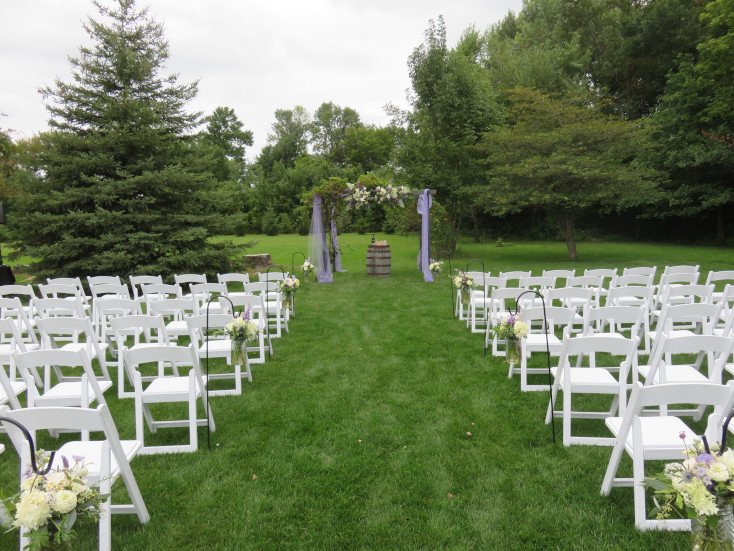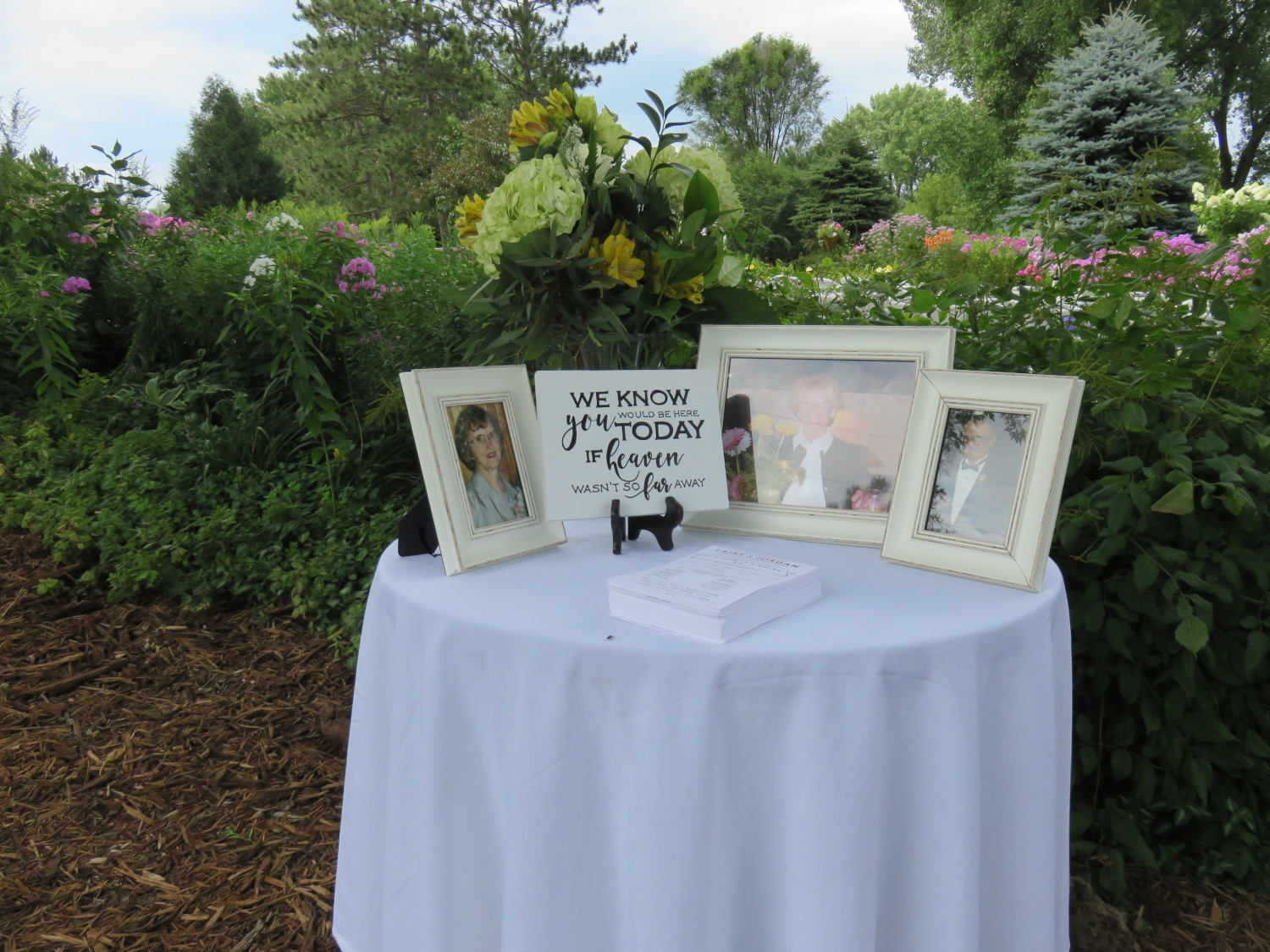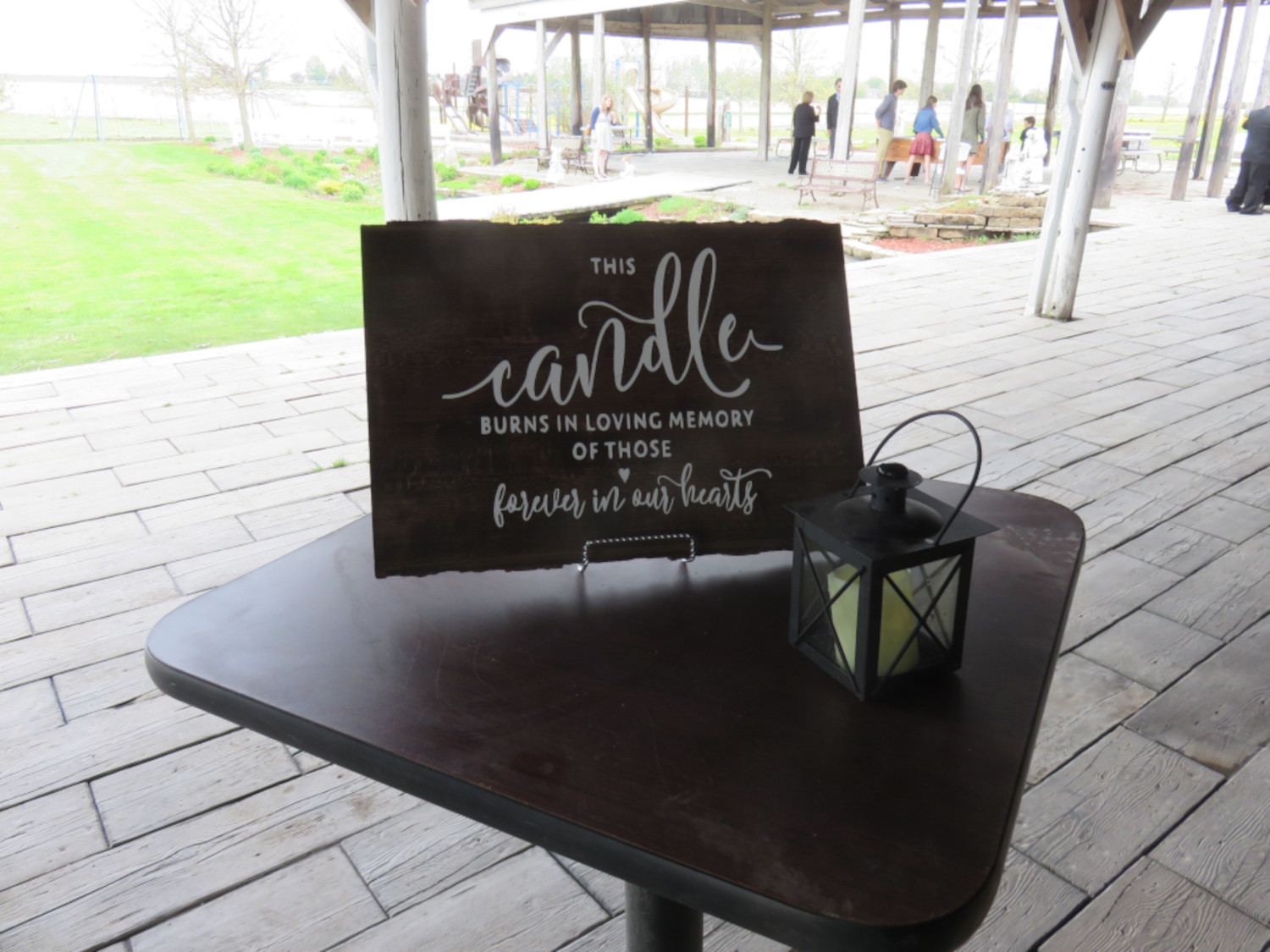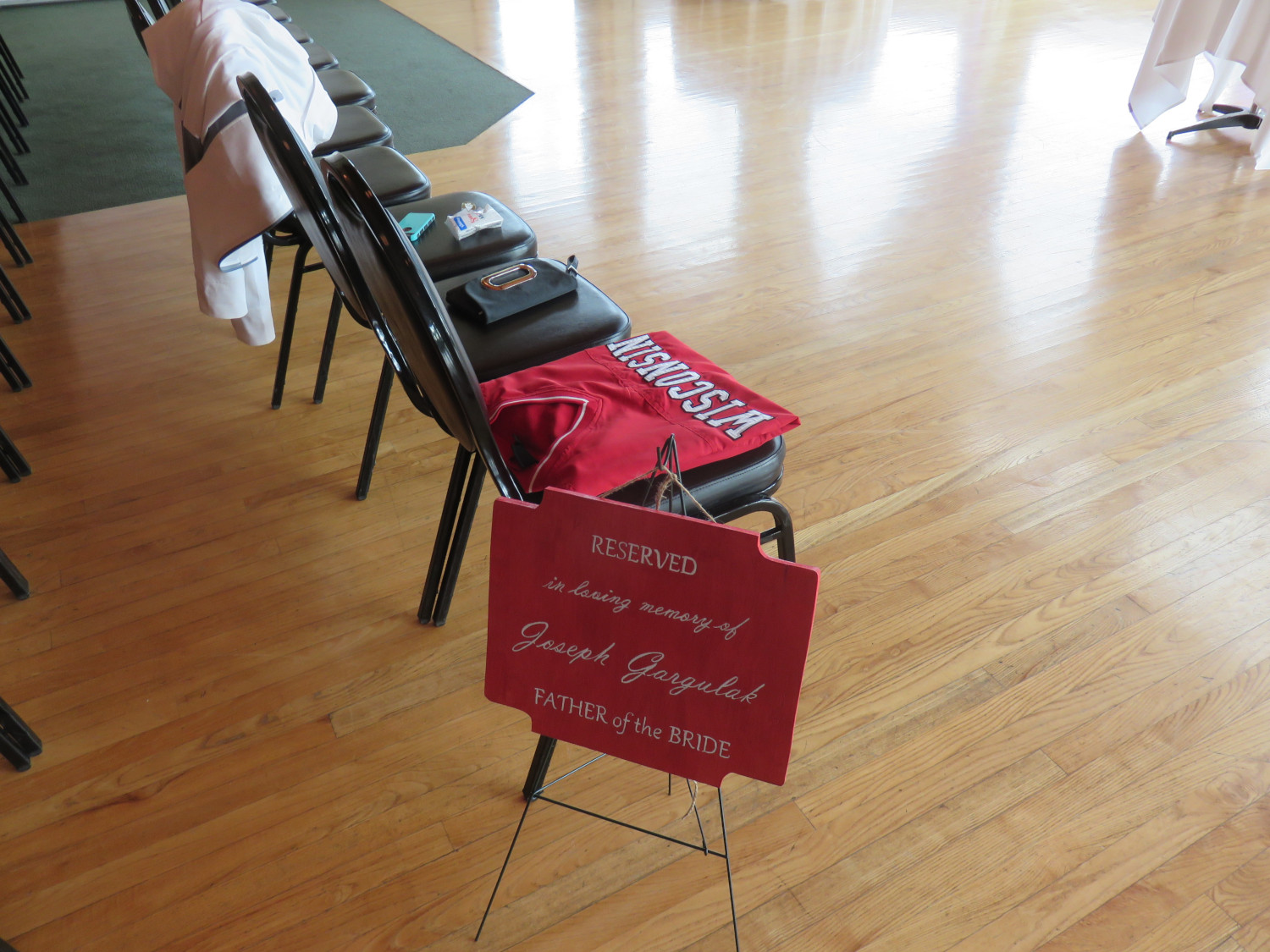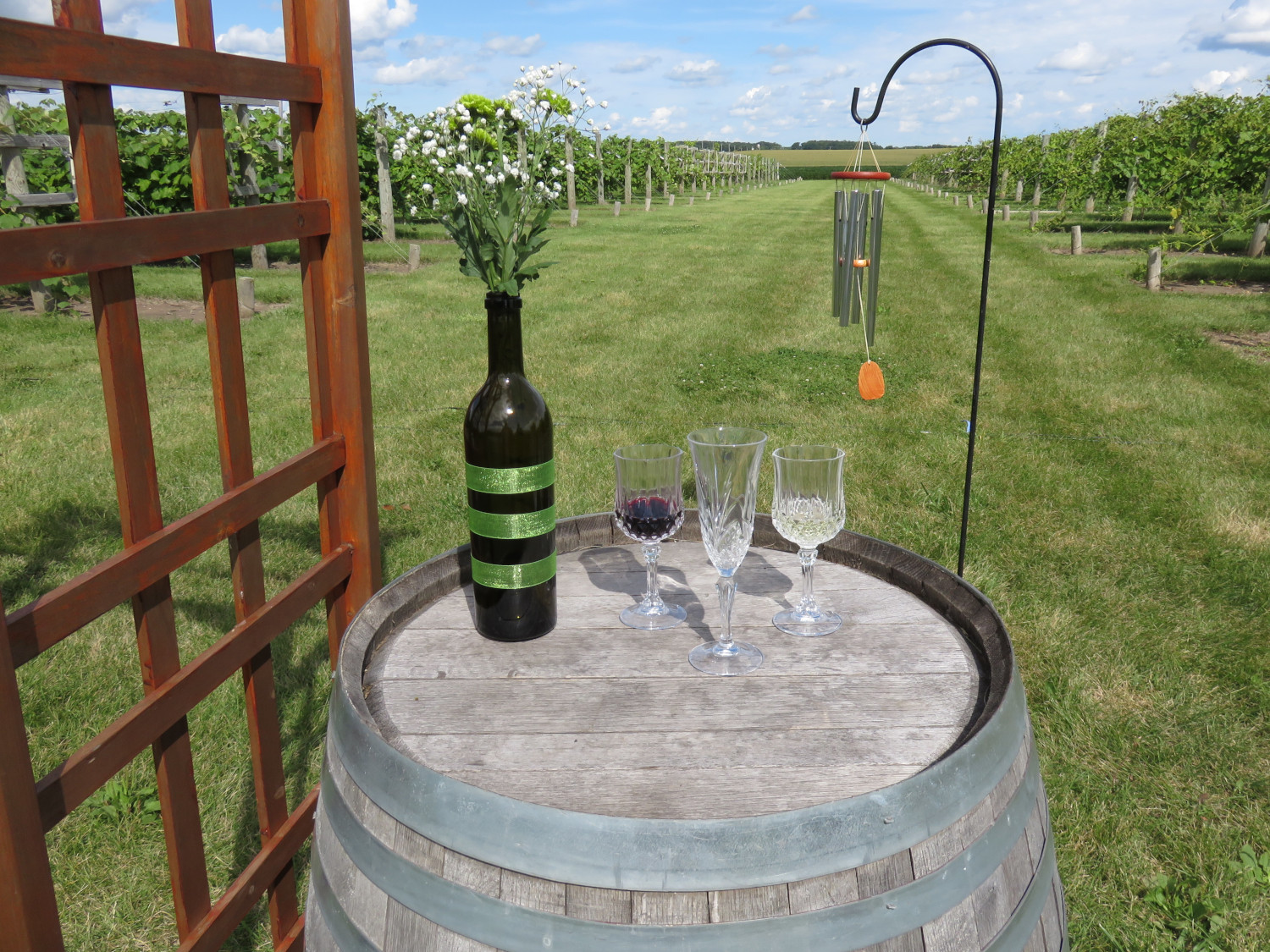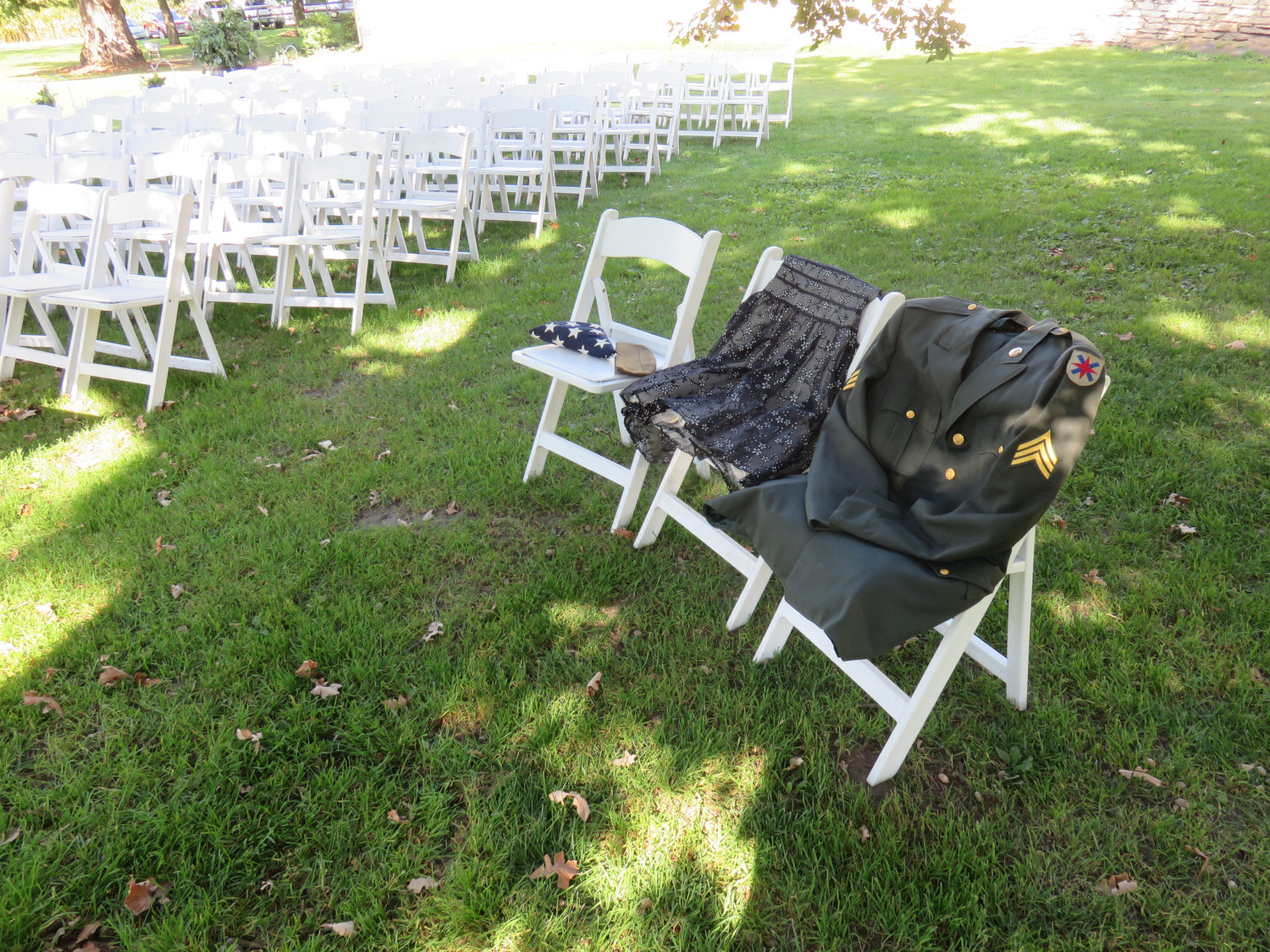Defining Your Ceremony Vision
Defining your ceremony vision can seem like a daunting task. This is likely the first time you’ve considered what you want in your wedding ceremony. The good news is you don’t have to do it alone. A good celebrant will be genuinely interested in meeting you and discussing your ceremony wishes. Here are three ways you can prepare for that meeting and tackle the process of defining your ceremony vision.
- First, consider what you’ve seen in other weddings. Think about those moments when you thought, “That’s special. I would like to have something like that at my wedding.” Or, on the flip side, maybe you saw something that you knew you definitely did not want at your ceremony. Both are good to share with your celebrant.
- Next, talk about your vows with your fiance(e). Your exchange of vows will be the highlight of the ceremony as you make your promises to one another. But there are a number of ways to accomplish that. You can write your own vows if you want them to be totally personal and unique. If that doesn’t fit your style, your celebrant will likely be able to offer sample vows in the “repeat after me” style that you can choose from. Or perhaps you’re very shy or maybe English isn’t your first language and you prefer to respond to the celebrant with a simple, “I do”. Since vows are so important in a wedding ceremony, identifying the vow style you prefer is a key part of defining your ceremony vision.
- Finally, before meeting with your celebrant, discuss the length and tone you want for your ceremony. I often hear, “We want a short and sweet ceremony.” But what does that mean to you? Ten minutes, 20 or more? Knowing the time frame you want will help your celebrant guide you in terms of ceremony content and flow. And what about the ceremony tone? Do you want a romantic and more serious ceremony? Perhaps you prefer a lighthearted ceremony and think that some laughter is essential. Maybe involving family members is important to you, or conversely, maybe you want to keep the focus on the two of you and your path to this moment.
Defining your ceremony vision is as simple as following these three steps. Doing so will help ensure that your wedding ceremony reflects your priorities and your personalities, and is memorable and fitting for the two of you.

